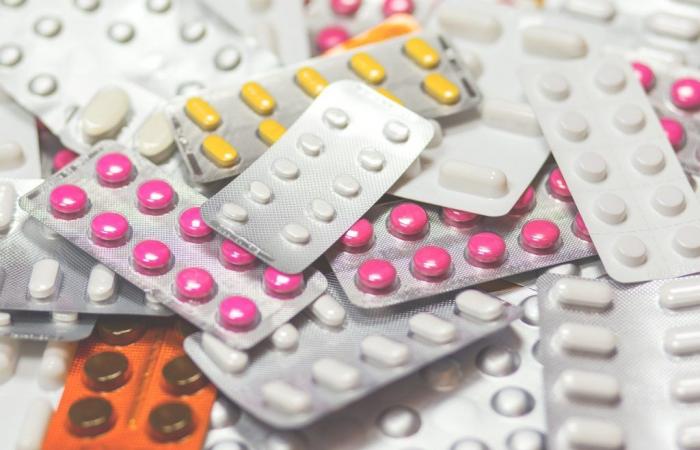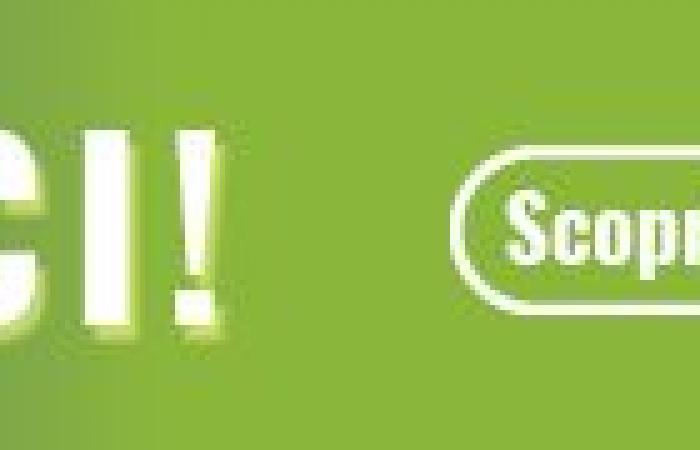Prices “unjustifiably burdensome” to sell to the National Health Service a drug used to treat a rare disease. This is the case on which the Antitrust expressed its opinion, which has just closed the investigation in compliance with the decision of abuse of a dominant position against Leadiant, active in the market for the production and sale of orphan drugs.
The case concerns the drug Leadiant® Chenodeoxycholic Acid used to treat the rare disease called cerebrotendinous xanthomatosis. The Authority’s accusation: Leadiant Biosciences and Essetifin, of the Leadiant group, had imposed unjustifiably high prices to sell Leadiant Chenodeoxycholic Acid to the National Health Service for the treatment of the rare disease.
Prices too high for orphan drug
The Competition and Market Authority has therefore closed the investigation into compliance by Leadiant Biosciences Ltd. and its parent company Essetifin SpA with the provision with which it had ascertained their abuse of dominant position.
As the Antitrust recalls in a note, the two companies had imposed prices “unjustifiably high” to sell the drug to the NHS used to treat a rare disease, cerebrotendinous xanthomatosis, an enzyme defect that causes the accumulation of, among other things, cholesterol in many tissues, including tendons and the central nervous system, causing neurological, cognitive and systemic dysfunction.
The Authority had considered that “Leadiant Biosciences and Essetifin, in a dominant position, by exploiting the negotiating weakness of demand, had obtained a price for the orphan drug – equal to [5.000-7.000] euro per pack – too expensive because disproportionate to the costs incurred and unfair in light of the nature of the product, the investments in research and development made, the risk faced in the registration project, the therapeutic value”.
A negotiation between pharmaceutical companies and AIFA led to the definition of a new price for the drug, in force from 15 March 2024.
From the investigative evidence, explains the Antitrust in the provision, it emerges that the new price of the drug “equals approximately [2.000-4.000] euro per pack of 100 capsules of 250 mg each, represents a significant reduction of the previous price” and is in line with the one applied before the abusive conduct. In this way the two pharmaceutical companies, concludes the Antitrust, “have complied with what was requested by the Authority with a significant positive impact, in terms of price reduction, for the NHS”.







